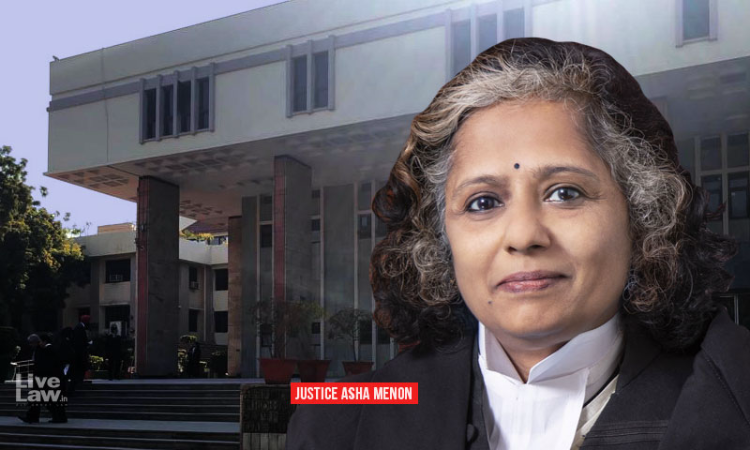The Delhi High Court has observed that the cross-examination cannot encompass questions that are scandalous or intended to cause humiliation to the witness. Justice Asha Menon further observed that while there is a right to ask questions of a witness to impeach his creditworthiness, it cannot descend to harassment and humiliation of the witness.The Court added thus:"Thus, it is clear that...

